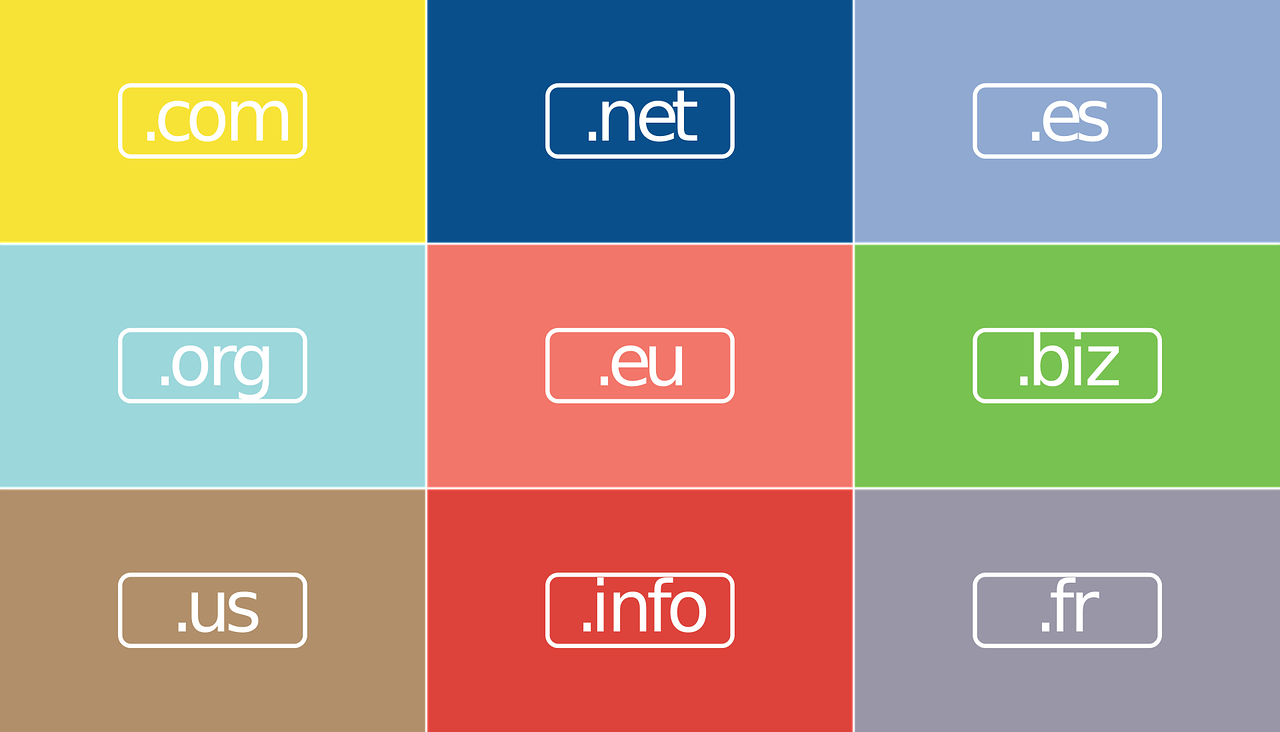Search Engine Optimization (SEO) is one of the digital marketing strategies that have been talked about for years. Established businesses on digital media swear by this strategy in boosting their web traffic, increasing visibility, and improving returns on investment. As a result, all businesses are running towards this strategy with the hope to see positive results. SEO campaigns are essential for your business to improve your business to the next level.
Unfortunately, to the disappointment of many firms, SEO isn’t showing the results that they expected. This has led to great losses after spending thousands of dollars to develop a strategy that does not bear results.
The question is, “Is SEO overhyped?” If not, why is it not working for your business? And what can you do to improve your SEO strategy and begin to experience positive results and increased ROI?
SEO is an effective digital marketing campaign, but it only works for firms that have learned how to leverage it. In this light, here are eight reasons why your current SEO campaign isn’t bearing traffic and leads, and what you can do to realize positive results from it.
Different Factors Are There Why SEO Campaigns Do Not Show The Desired Results
There are several factors are there why SEO campaigns do not exhibit the desired results all the time. Try to achieve your goals in the best possible ways. Work out the plans that can help you to achieve your goals in the correct order.
1. Your Web Design Sucks
How visually appealing is your website? Do you have a professional look that would appeal to a new customer? How are the pages, posts, imagery, calls to action, and other page elements placed on your website? Does the site look busy and stuffed?
When an individual visits your site, they will move on quickly if they don’t like the design and layout. This results in increased bounce rates which causes search engines to rank you at the bottom of the search page. What’s more, a poorly organized page makes it hard for search engines to crawl the site, and this results in lower rankings.
You can improve your SEO strategy by taking the time to design a user-friendly website. Make sure that page elements such as the content, imagery, and CTAs are correctly placed on your site.
2. You Have Poor Content
Experts say that content is king and this statement has never been more accurate than in matters of SEO. Content is what will draw people to your site and keep them coming back. If you don’t give your readers a reason to return, they will not.
What does poor content look like? First, it does not provide any useful information to the target client. Secondly, it is poorly written with an unappealing structure and poor-quality imagery. If readers find your content unattractive, they will pass by your page regardless of its ranking.
Take the time to develop quality content for your readers. It should provide meaningful information that’s easy to read. Use an appealing tone and organize your work into visually appealing formats. Finally, use high-quality images and video for your content.
3. You’re Targeting the Wrong Audience
SEO only works if you are targeting the correct audience. This may seem obvious, but not all businesses can accurately sift through the millions of online users and identify their target audience. For example, if you are an auto repairs company but your content leans towards the car manufacture industry, you may lose out on your target audience.
Before developing an SEO campaign, identify your target audience. Strive to produce content that is directly targeted to them. For example, an auto repairs company should focus on clients who are seeking repair services and not to buy new vehicles. If you are not sure, consider seeking help from a Minneapolis SEO Expert .
4. You’re Using the Wrong Keywords
One of the top techniques in an effective SEO campaign is the use of keyword phrases. These are search terms that prospective clients feed on search engines when looking for a product or service. Note that not all keywords will guarantee success in your SEO strategy. If you use simple keywords, you will face stiff competition from other players in the industry. If you go for very narrow ones, no one will find your site.
The best way to use keywords effectively is by using long-tail over short keywords. Long-tail keywords utilize a series of terms, at least two or more, that are commonly typed by readers. So instead of using “dentist” as your keyword, you would have a phrase such as “best dentist in Minneapolis.” The longer phrase has a higher chance of ranking higher and shaking off competition.
5. You Have the Wrong Priorities
When employing an SEO campaign, various metrics come into play. You can choose to measure web traffic, conversion rates, bounce rates, ROI, and many others. Failure to focus on the right metrics can cause your SEO strategy to fail.
Unfortunately, most businesses pay attention to the wrong metrics. For example, they will strive to increase their following on social media and their site traffic but ignore other metrics like the conversion rates. Having a large following doesn’t guarantee that they will all convert. Therefore, make sure that you are paying attention and directing your resources towards metrics that will generate returns for your business.
6. Your Conversion Rates are Low
One of the ways to know that your SEO strategy is working is when your conversion rate increases. Conversion rates go up when users take your desired call to action (CTA). It could be to sign up to your newsletter, join your email list, or buy your product. Different businesses have varying CTAs based on their needs. If your conversion rates are low, your SEO campaign is not working.
To improve your conversion rates, focus on strategies that will draw and keep people on your site. Have an appealing website and ensure that your call to action is visible. The CTA should also have attractive graphics and terms – it should be like the magic button that everyone itches to click. SEO campaigns can work well in your favor as it can help your business to grow in the right direction.
7. You Have no Precise SEO Plan
What do you intend to get out of your SEO campaign? Do you have specific goals? If not, the chances are that your strategy is not targeted at anything in particular either. Lack of an actionable SEO plan will cause you to try out anything, including strategies that are doing nothing for your campaign.
Come up with a practical plan of what you wish to achieve with SEO. Do you want traffic? What for? Do you want to write blog posts for your website’s blog section? What will the blogs help you achieve? Outlining your goals enables you to channel your efforts and resources towards a worthy cause.
8. Your Site is Not Mobile Responsive
Search engines today are favoring sites that are mobile responsive over those that maintain a desktop view even on mobile devices. Mobile friendly sites load faster and have easy readability on phones and tablets. If your website isn’t mobile responsive, search engines will rank it lower, and this will stall your SEO dreams and goals. Develop a mobile site that will appeal to search engines and visitors.
SEO works for businesses that have mastered the strategy. If your campaign isn’t working, look into these eight things and make the necessary tweaks to gain positive results from your SEO campaign.
Final Take Away
Hence, these are some of the core factors that can work well in your favor while you want to develop your business in the right direction. SEO Campaigns can work well in your favor when you apply the correct techniques in the proper manner. Do not lose out on the chance that can provide you the opportunity.
Read Also:






















